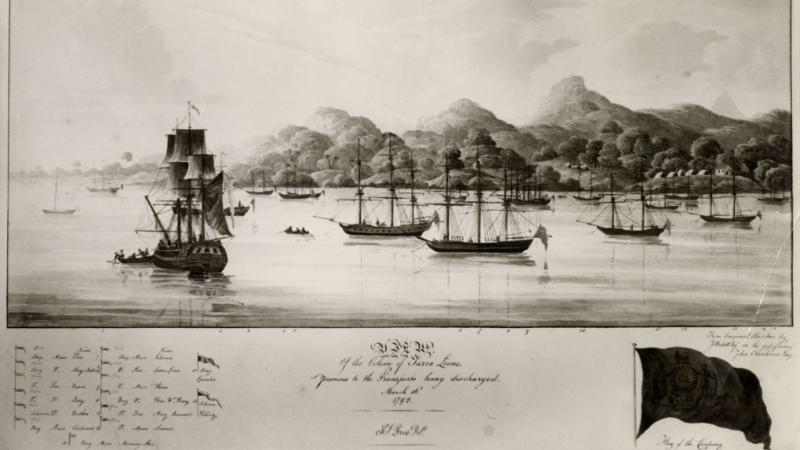
Red Deer proclaims 230th anniversary of Black Loyalist Exodus
A City of Red Deer Mayoral Proclamation this month commemorates the 230th anniversary of the Black Loyalist Exodus.
This historical event that you likely haven’t heard of involved 15 ships bound for Sierra Leone. The proclamation recognizes that people of African descent have been part of Canadian society since the early 1600s, and that their enslavement wrongly occurred for centuries.
The #1792Project is an initiative taken up by students and staff at Auburn Drive High School in Dartmouth, Nova Scotia, the province from which the 15 ships set sail that year.
While many stayed behind, their departure was linked to the failure, ‘1792‘ organizers say, of institutional, political and societal will to fulfill promises made to the communities that left.


